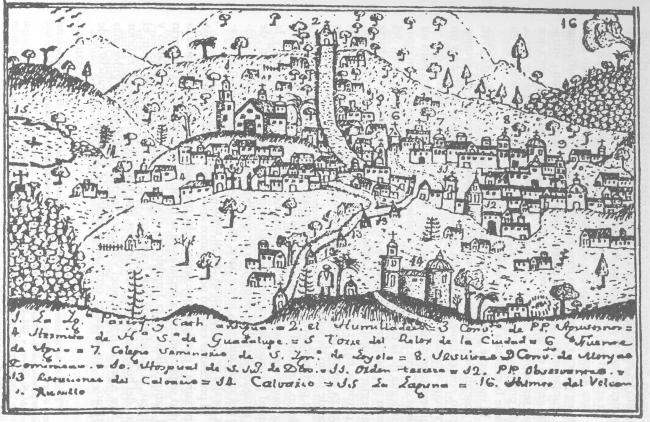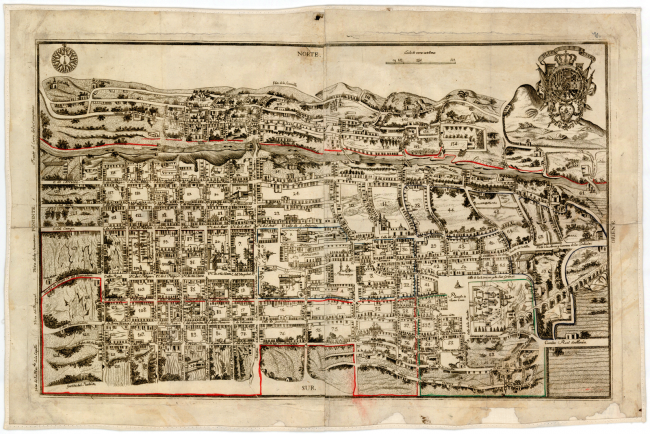The Spanish crown was undoubtedly the colonial metropolis that confronted in the clearest way - with judicial and legislative initiatives, with moral and even theological reflections - the status of the subjugated people and the legal justification for the conquest. Proof of this were the kings of the burghs of 1520, the new kings of 1542 and all the effort that culminated in the compilation of the laws of India, which to a large extent was the result of the struggles of religions such as Friar Antonio de Montesino, Bartolome de las casas and Francisco de Vitoria, which clearly established the doctrine of rational nature and, therefore, the character of indigenous people, with the same rights and obligations as any other free vassal of the monarchy. However, in fact, the right of conquest prevailed.
For this reason, together with the traditional strata of the society of the old regime, a fourth state was formed in India, the Indians, considered a minor, for whom an institution suchas the encomienda is provided as a remedy, with medieval roots, which supposedly provides protection and facilitates its integration into the new Christian society.
The Spanish crown was undoubtedly the colonial metropolis that confronted in the clearest way - with judicial and legislative initiatives, with moral and even theological reflections - the status of the subjugated people and the legal justification for the conquest. Proof of this were the kings of the burghs of 1520, the new kings of 1542 and all the effort that culminated in the compilation of the laws of India, which to a large extent was the result of the struggles of religions such as Friar Antonio de Montesino, Bartolome de las casas and Francisco de Vitoria, which clearly established the doctrine of rational nature and, therefore, the character of indigenous people, with the same rights and obligations as any other free vassal of the monarchy. However, in fact, the right of conquest prevailed.
For this reason, together with the traditional strata of the society of the old regime, a fourth state was formed in India, the Indians, considered a minor, for whom an institution such as the encomienda is provided as a remedy, with medieval roots, which supposedly provides protection and facilitates its integration into the new Christian society.



